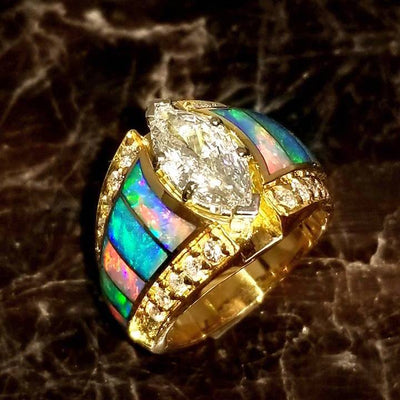The Evolution of Magic: From Ancient Rituals to Modern Illusions
Cuerpo
Magic has captivated humanity for centuries, serving as a bridge between the known and the unknown. From ancient rituals to contemporary performances, the magic we experience today is a culmination of rich history and cultural evolution. But how did we arrive at this point? Let’s delve into the fascinating journey of magic.

Ancient Rituals: The Birth of Magic
In ancient civilizations, magic was often intertwined with religion and spirituality. Rituals performed by shamans and priests were believed to harness supernatural forces. These early forms of magic were not merely entertainment; they were vital for community cohesion and understanding the world. For instance:
- In Egypt, magicians were revered for their ability to communicate with the gods.
- In Mesopotamia, rituals aimed to appease deities and ensure bountiful harvests.
- In ancient Greece, magic was often linked to the practice of medicine and healing.
These practices laid the groundwork for the magic we recognize today, blending mysticism with performance art.
The Renaissance: A Turning Point in Magic
The Renaissance marked a significant shift in the perception of magic. As science began to flourish, so did the art of illusion. Magicians like Jean Eugène Robert-Houdin emerged, transforming magic into a respected form of entertainment. This era saw the introduction of:
- Stage performances that captivated audiences with elaborate tricks.
- Innovative techniques that blurred the lines between reality and illusion.
- The establishment of magic as a profession, leading to the creation of magic societies.
These developments not only popularized magic but also paved the way for future generations of illusionists.
Modern Magic: The Illusionists of Today
Today, magic has evolved into a multifaceted art form. Illusionists like David Copperfield and Derren Brown have taken the stage to new heights, incorporating storytelling and psychological principles into their acts. The modern era of magic is characterized by:
- Advanced technology that enhances the visual experience.
- Interactive performances that engage audiences on a personal level.
- A focus on mentalism and psychological manipulation, challenging perceptions of reality.
As a result, magic continues to evolve, captivating audiences worldwide.
The Future of Magic: Endless Possibilities
What does the future hold for magic? As we embrace new technologies, the potential for innovation in this art form is limitless. Virtual reality and augmented reality are already beginning to influence performances. Imagine experiencing a magic show where the impossible becomes possible right before your eyes!
For those looking to incorporate a touch of magic into their lives, consider unique jewelry pieces that embody this enchanting theme. For instance, an  can symbolize the mystical allure of magic, making it a perfect gift for someone special.
can symbolize the mystical allure of magic, making it a perfect gift for someone special.
In conclusion, the evolution of magic reflects humanity's quest for wonder and understanding. From ancient rituals to modern illusions, this captivating art form continues to inspire and amaze, reminding us of the beauty of the unknown.










Comentarios